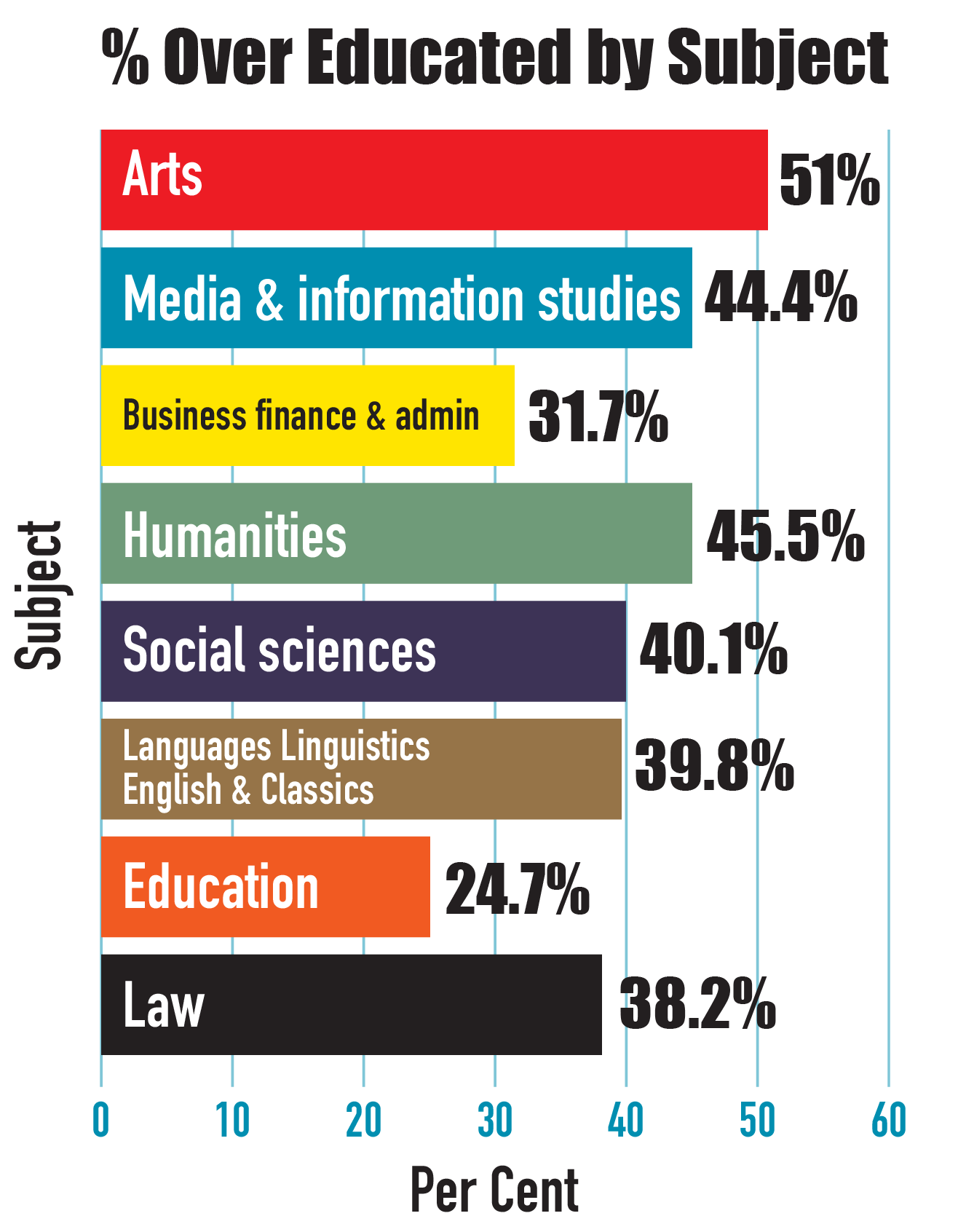What’s the value of your degree?
New research reveals the degrees that command the best salaries, and those that are hardest to sell to employers. Peter Foy explores the findings
By Peter Foy
Everyone knows that a university education is worth every penny, right? That £30,000 you spend attaining a degree will put you in the top quarter of the population, greatly enhancing your career prospects and improving your earning power.
| ...research suggests not all degrees are equal in the employability stakes. |
Except that the latest research suggests not all degrees are equal in the employability stakes. This means that, if you’re choosing what to study at university, it pays to consider your options carefully.
According to a study published in The New Scientist, science-based degrees are most in demand by employers, with chemistry being a particular favourite. There is currently a shortfall of 170,000 qualified workers in science and engineering roles in the UK, which explains why salaries in these sectors tend to be way above the national average.
In short, if you read chemistry or a similar discipline at university, you can expect to earn more than £40,000 per year within no time at all.
Meanwhile, if you’re not bothered about how much you earn but simply want the experience of a university education, you can choose more freely.
That said, arts graduates don’t always fare well in the jobs market. According to research from the Office for National Statistics (ONS), 51pc of people who graduated with an arts degree since 2007 are over-qualified for the job they’re doing.
The implications of this are varied: for many, it means they won’t be earning the salary upon which their decision to accrue student debt was predicated. That may mean they never pay back their student loan in full. Or it may take much longer to repay their debt, which will have an impact on their ability to secure other loans such as mortgages or business start-up funding.
More importantly, overeducation (as the ONS calls it) can lead to reduced job satisfaction, and lower productivity among staff. So it’s a problem not just for individuals, but for the whole of society.
When more than a third (34.2pc) of all post-2007 graduates are overeducated, there seems to be something wrong with the university system.
Part of the problem is simply that the most popular degrees (media, law, English literature, history) typically lead to jobs in the most competitive sectors, which means that some graduates inevitably end up pursuing a different path.
 But when that path leads to a job that doesn’t require them to have a degree at all, it’s easy to see how feelings of disappointment creep in.
But when that path leads to a job that doesn’t require them to have a degree at all, it’s easy to see how feelings of disappointment creep in.
That said, many people will derive a huge amount of satisfaction from their university studies, even if they don’t use them in their day-to-day jobs. I know a number of Classics graduates who don’t use their knowledge of the ancient world at work, but thoroughly enjoy reading Ovid in the original Latin in their spare time.
More seriously, a better-educated population is undeniably good for society as a whole. Overall, graduates do tend to earn more than non-graduates, meaning they pay more tax and have more disposable income to help drive the economy.
And there are a variety of positive externalities associated with education: lower crime rates, enhanced knowledge exchange, and a more mobile population. What’s more, graduates are more likely to make a positive contribution to social capital, perhaps by volunteering or getting involved in local politics.
So the advice seems simple: if you want a degree to improve your job prospects, choose a science- or engineering-based discipline. If you simply want the university experience without any expectation that it will lead to higher earnings or a more demanding job, the world’s your oyster.
And remember, there are plenty of hugely successful people who never went to university. So getting a degree is definitely not the only route to achievement.
If you enjoyed this article, you may also like:
Job search tips graduates don’t usually hear
How to avoid slipping up on social media
Published: 8 August 2024
© Copyright Just Recruitment Group Ltd 2024

